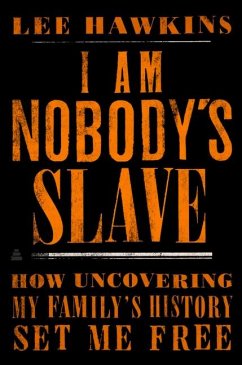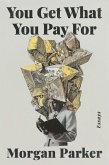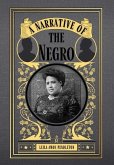"... tells the story of one Black family's pursuit of the American Dream through the impacts of systemic racism and racial violence. This book examines how trauma from enslavement and Jim Crow shaped their outlook on thriving in America, influenced each generation, and how they succeeded despite these challenges."--Provided by publisher.
Bitte wählen Sie Ihr Anliegen aus.
Rechnungen
Retourenschein anfordern
Bestellstatus
Storno




![Philosophy and Opinions of Marcus Garvey [Volumes I & II in One Volume] Philosophy and Opinions of Marcus Garvey [Volumes I & II in One Volume]](https://bilder.buecher.de/produkte/66/66171/66171628m.jpg)



